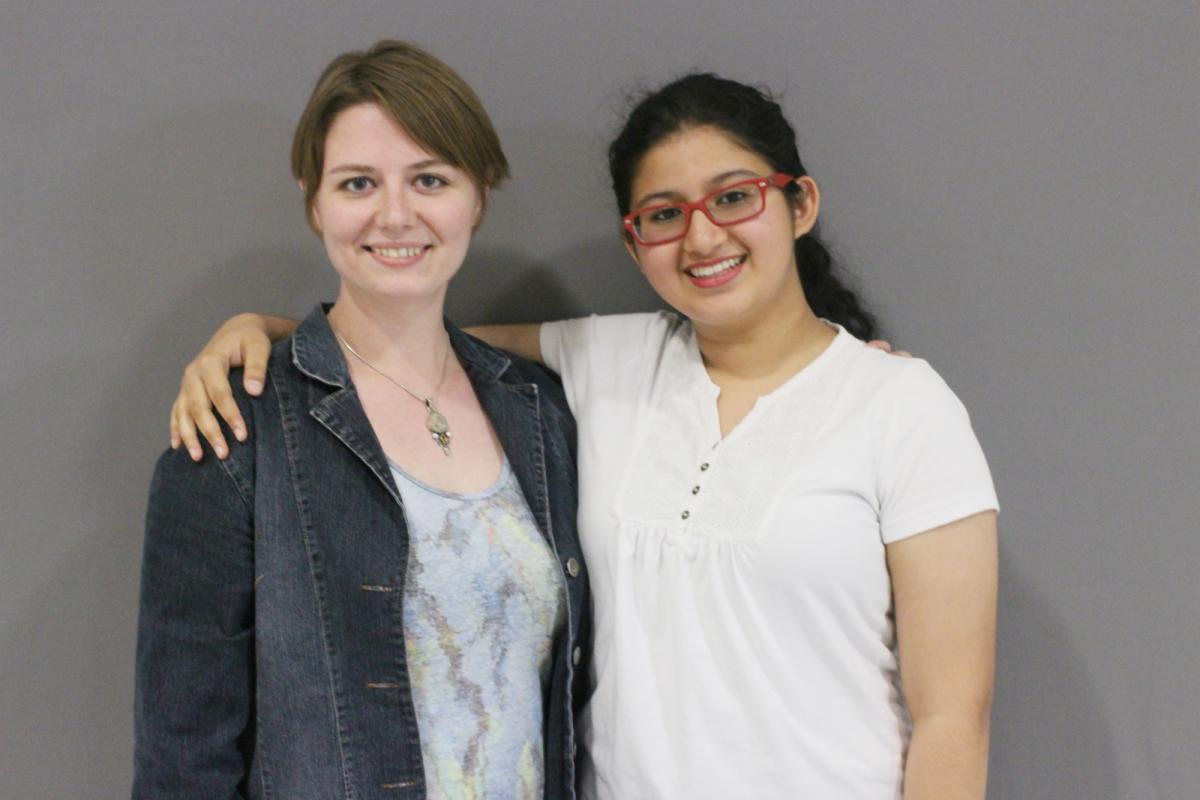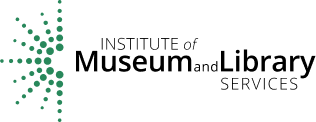Blog Posts | May 2, 2016
Share ThisMallika Yeleswarapu and Lauren Cage

Mallika Yeleswarapu: Do you think you would go into STEM education? Is that what you wanted to do when you grew up?
Lauren Cage: Actually, absolutely not.
MY: Yeah?
LC: I was one of those kids who decided at around fourth or fifth grade that I can't do science, it's not for me. But I loved museums. I loved museums my whole life, and one of the things I loved about it was that it was so visual and it was hands-on and you could immerse yourselves in it. And when I got older, The Tech Museum had an opportunity, and I decided to just kinda go for it.
MY: The reason I ask you that question was I'm a junior in high school now, and now is the time people are starting to ask me, "Do you know what you want to do in college?" And like, college comes up all the time. And I have absolutely no idea what I want to do.
LC: And you should not be at all afraid of that, because I am doing something completely different than I thought I was going to be doing in college. When I was in college, I thought I was going to be an anthropology professor and I was going to do archaeology and I was going to be one of the people going around the world and digging stuff up. And it turns out, I wanted something completely different.
MY: Yeah, that's really good to hear. It comforts my fears. You know what, at this point, I'm just doing things I like. That's why I applied to intern at The Tech. And I grew up going to The Tech museum, I wanted to see what goes on behind the scenes—it's a mystery.
LC: How did you get involved with coding?
MY: My dad took me to my first coding class when I was 10. I realized I was the only girl there, and I walked out. I just ran and asked my dad, "Can we go home?" because I didn't want to face that. The boys tended to mock me for not knowing as much as they did, because they were super into it and everything, so it was really intimidating.
So I started to teach myself, my dad kind of helped me. And then I entered high school, an all-girls school. And there's a club now called Girls Who Code, and my sophomore year of high school, which was last year, I started really getting into it because I enjoyed being with people who were at the same level as me. We go to field trips to like, Facebook and different companies. And learning that there are actually role models there who are like me and who have gone through the same thing is really encouraging.
LC: There is a high sense of competition in science and technology, in both genders but particularly among boys. What do you think we can do to change that?
MY: I was taught there were like, all these scientists—Darwin, Newton, Drake, and Watson and Crick, the people who discovered DNA. I don't know if you know, Rosalind Franklin, she was the person who actually discovered that DNA consists of double helix, but she freely gave her research and she shared it. And then Watson and Crick took credit for it, and they got the Nobel Prize. They were emphasized a lot more, and there were less women role models that I could relate to.
So I think educators trying to actually show people that these are the women who have done things in science, and emphasizing those women, would be really awesome. Because then little girls could understand that there are people to aspire to who are actually like you.
Length: 2:51. Read transcript (PDF)

